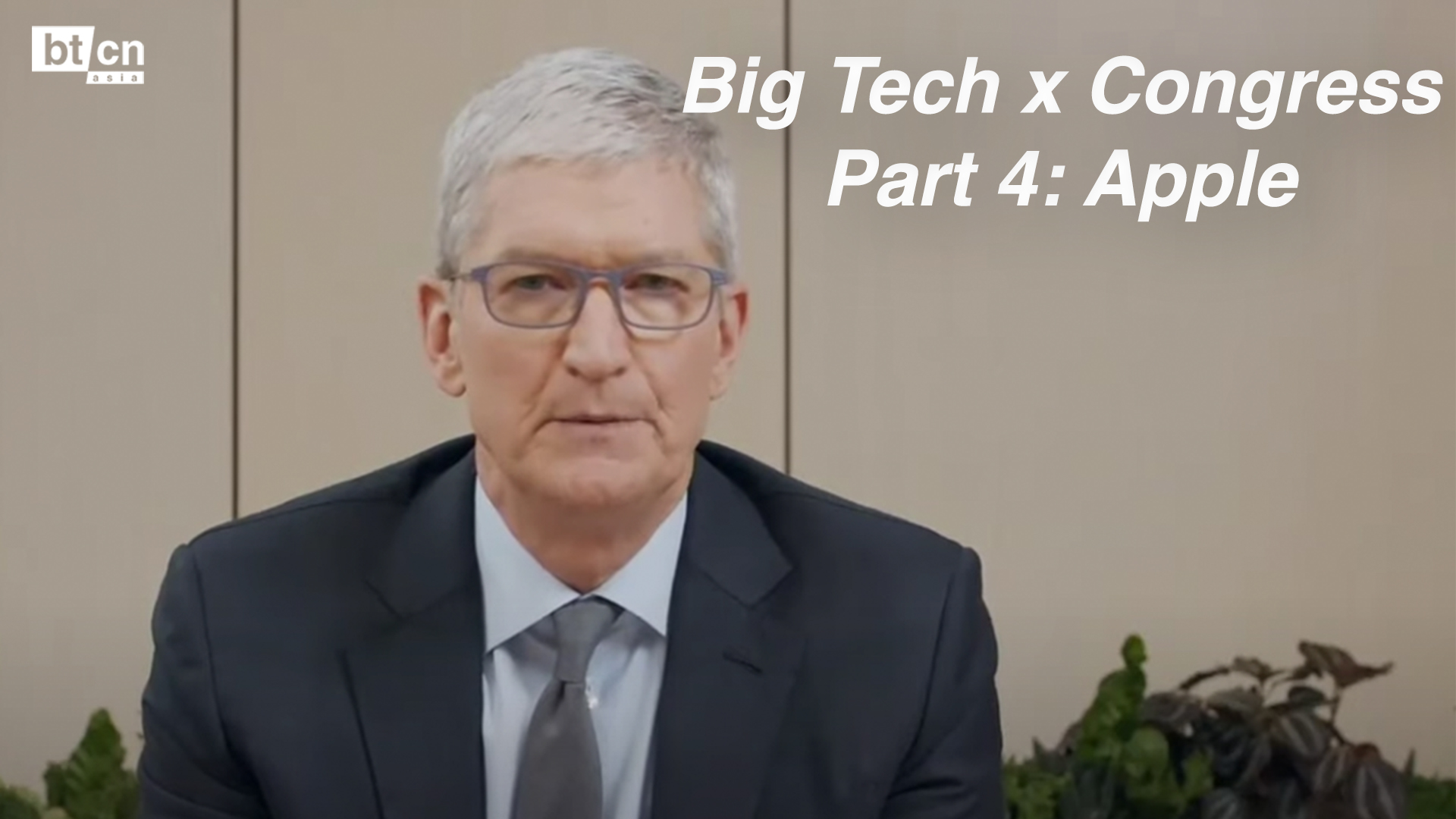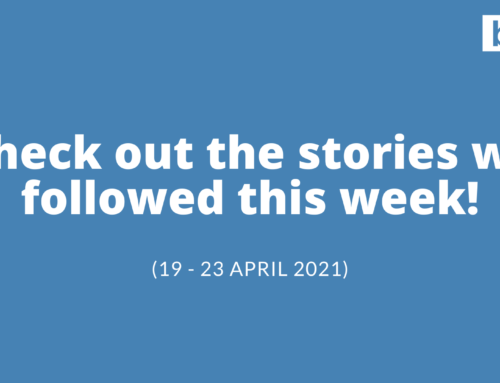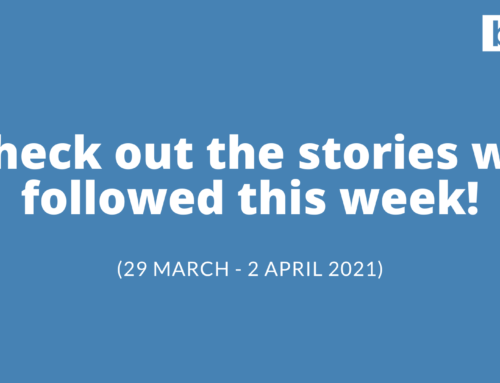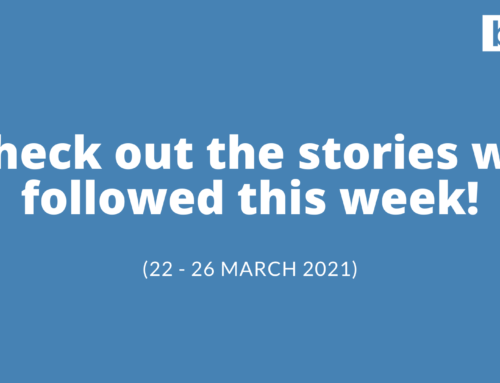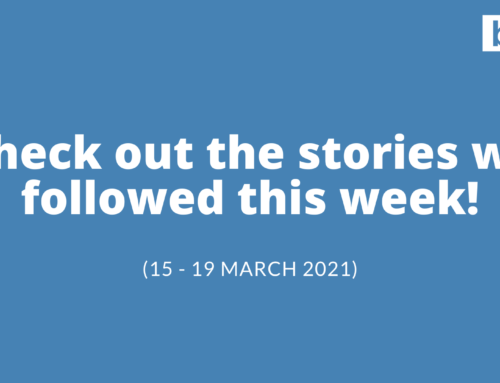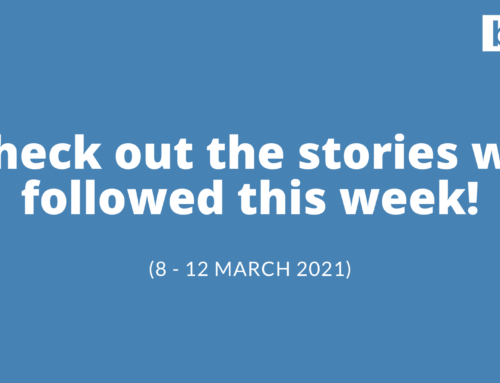Anonymity is probably not something Apple CEO, Tim Cook is used to. But for much of last Wednesday’s hearing, it was probably something he was thankful to be enjoying, watching on while his fellow CEOs got grilled by the House Sub-Committee.
In fact, he saw very little attention until nearly the last hour of the hearing. Which from his perspective, was probably warranted as he repeatedly asserted more than any of the other CEOs, over a dozen times statements to the effect that Apple was not in fact the company that regulators should be truly worried about.
If the volume of Committee questions directed at him (only 35, in total) were any indicator of that, you could intuit that regulators were only about half as interesting in him, as Mark Zuckerberg or Jeff Bezos, for instance. Receiving slightly less than 15 minutes of airtime during the 5-hour session. And he arguably also benefited from not being a founder himself – and thus not being a bigger, juicier owner-operator target of Committee ire, like Zuckerberg or Bezos.
Generally positioning Apple as a sort of benevolent outsider, vs. the rest of the super-cap tech cohort. While simultaneously invoking the ghost of founders past to help underline his assertion, saying: “We do this, in part, by making ourselves and our customers a promise — a promise that we will only build things that make us proud. Apple’s founder Steve Jobs used to put it a little differently: we only make things that we would recommend to our family and friends.”
To help give some additional context to Apple’s positioning coming into last Wednesday’s hearing:
CEO: Tim Cook
Market Cap: $1.88 trillion
During Covid: Increased in value roughly $920 billion since 23 March 2020
Biggest Issues
The biggest issue for regulators is what they alledge are Apple’s arbitrary policies towards different developers on its App Store platform. Which regulators assert aren’t merely isolated cases, but deliberate and systemic, covering a wide range of issues including uneven treatment in areas like commission rates they pay, selective enforcement of community regulations (eg. cloned apps), etc.
Allowing Apple to maximise its profits by selectively filtering which apps are available, and how competitive they are allowed to be. Maximising its own benefit in the process, either through commissions or other beneficial (B2B) arrangements it makes with other enterprise partners, at the expense of both customers and developers. Which given the scale of Apple’s reach in the app economy, ultimately would distort the app market in monopolistic ways.
With Cook challenging the assertion, saying “We have fierce competition at [both] the developer side and the customer side… It’s so competitive, I would describe it as a street fight for market share in the smartphone business.” Positioning Apple as the one that’s gone the proverbial extra mile to currate a viable marketplace that benefits all parties, saying “There are enormous choices out there. If you’re a developer you can write for Android, Windows, Xbox, or Playstation.” While on the consumer side, saying “Curation has always been one of the App Store’s chief features and sources of value for our users.”
Possible pandemic profiteering?
Another related, very current allegation was Apple’s collecting of new commissions on good and services sold by third-party vendors in what New York Democrat, Jerry Nadler called “pandemic profiteering.” Specifically regarding its charging of commissions when AirBnB and Class Pass were forced to take their offerings entirely virtual due to Covid.
Interesting Stat
While Cook faced far less volume and range questions compared to the other CEOs (roughly half of what they did), his testimony did give some interesting insights into Apple’s share of the app economy. Apple’s App Store started with just 500 apps when it launched in 2008. According to Cook, Apple now receives 100,000 app submissions per day. Further explaining that subscriptions start at 30% in the first year, then drop to 15% in the second year, and that a surprising 84% of apps pay nothing to Apple.
Elephant in the Room
The question of Apple’s alleged favouritism towards certain, major enterprise partners, one of which was figuratively seated right there in the room – Amazon.
With Georgia Democrat, Hank Johnson extensively questioning Cook, among other things on the perceived quid pro quo arrangement where Apple waived its 30% commission on sales of Amazon’s video-streaming service, in return for Amazon making its products more compatible with Apple’s. In response to which, Cook said: “It’s [a similar arrangement] available to anyone meeting the conditions.”
Or in the case of Baidu, where Cook was caught out after stating he wasn’t sure about any sort of arrangement with Baidu, in reply to which Johnson cited a 2014 email from Cook, to Baidu’s CEO stating Apple would specifically assign 2 employees, to the task of fast-tracking Baidu app reviews – in a way that would seem to favour Baidu unfairly, vs. other developers.
Raising the spectre, on one hand of potentially monopolistic, corporate colluding between 2 of America’s four biggest companies. While on the other, invoking the sino-sceptic spectre that’s starting to prevade any discussion where a major US tech firm works closely with a major Chinese firm.
Apple’s position in a quote
“Apple does not have a dominant market share in any market where we do business. That is not just true for iPhone; it is true for any product category.”
Reading between the lines
While times obviously change, it’s interesting to look back to 2008, when Apple founder Steve Jobs famously said “We don’t intend to make any money off the App Store. We’re basically giving all the money to the developers and the 30 percent that pays for running the store, that’ll be great.”
Congress’s position in a quote: “Throughout our investigation, we’ve heard concerns that rules governing the App Store review process are not available to app developers… The rules are made up as you go. They are arbitrarily interpreted and enforced, and are subject to change whenever Apple sees fit to change and developers have no choice but to go along with the changes, or they must leave the App Store. That’s an enormous amount of power… Does Apple not treat all app developers equally?”
To which, Cook replied: “we treat every developer the same… those rules apply evenly to everyone.”

